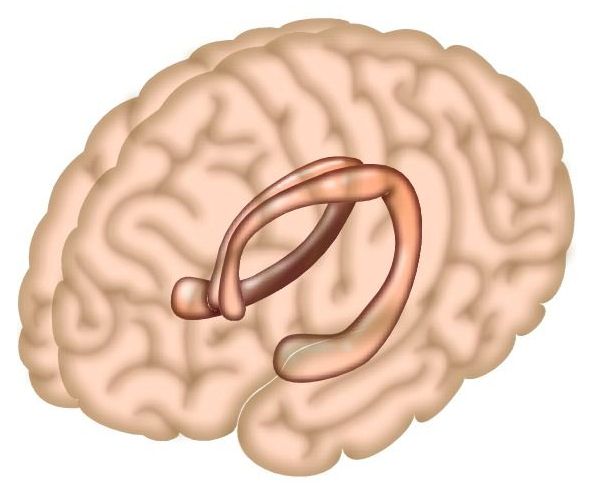A woman walking down the street hears a bang. Several moments later she discovers her boyfriend, who had been walking ahead of her, has been shot. A month later, the woman checks into the emergency room. The noises made by garbage trucks, she says, are causing panic attacks. Her brain had formed a deep, lasting connection between loud sounds and the devastating sight she witnessed.
This story, relayed by clinical psychiatrist and co-author of a new study Mohsin Ahmed, MD, Ph.D., is a powerful example of the brain’s powerful ability to remember and connect events separated in time. And now, in that new study in mice published today in Neuron, scientists at Columbia’s Zuckerman Institute have shed light on how the brain can form such enduring links.
The scientists uncovered a surprising mechanism by which the hippocampus, a brain region critical for memory, builds bridges across time: by firing off bursts of activity that seem random, but in fact make up a complex pattern that, over time, help the brain learn associations. By revealing the underlying circuitry behind associative learning, the findings lay the foundation for a better understanding of anxiety and trauma- and stressor-related disorders, such as panic and post-traumatic stress disorders, in which a seemingly neutral event can elicit a negative response.
